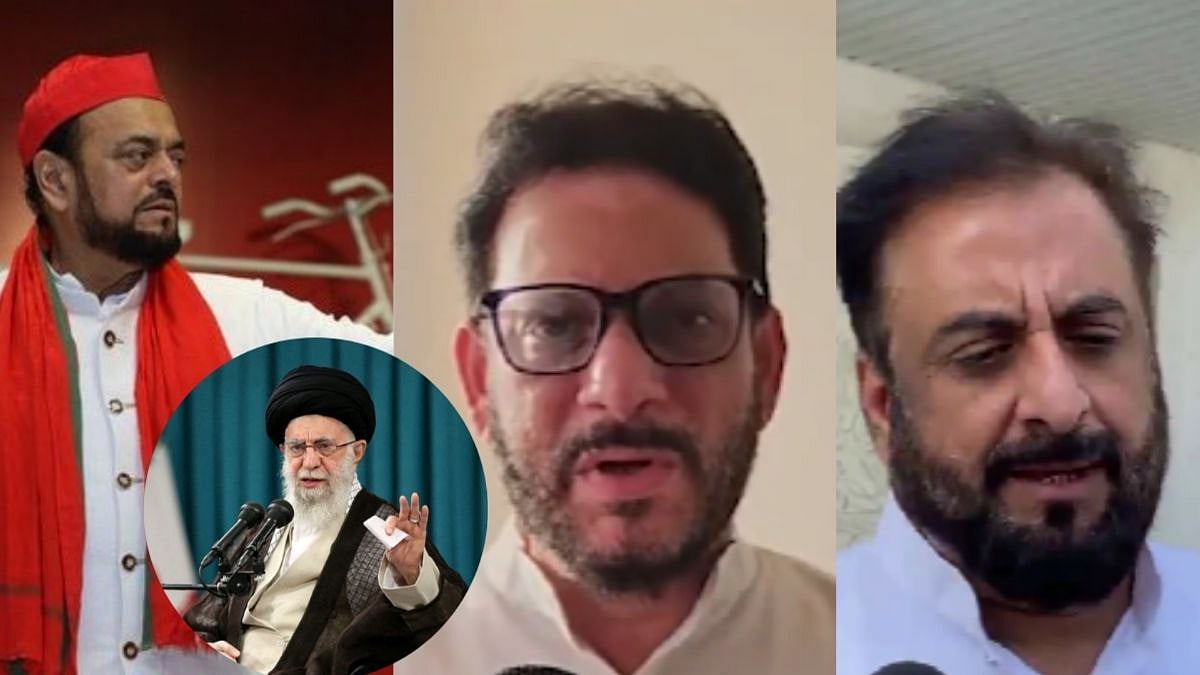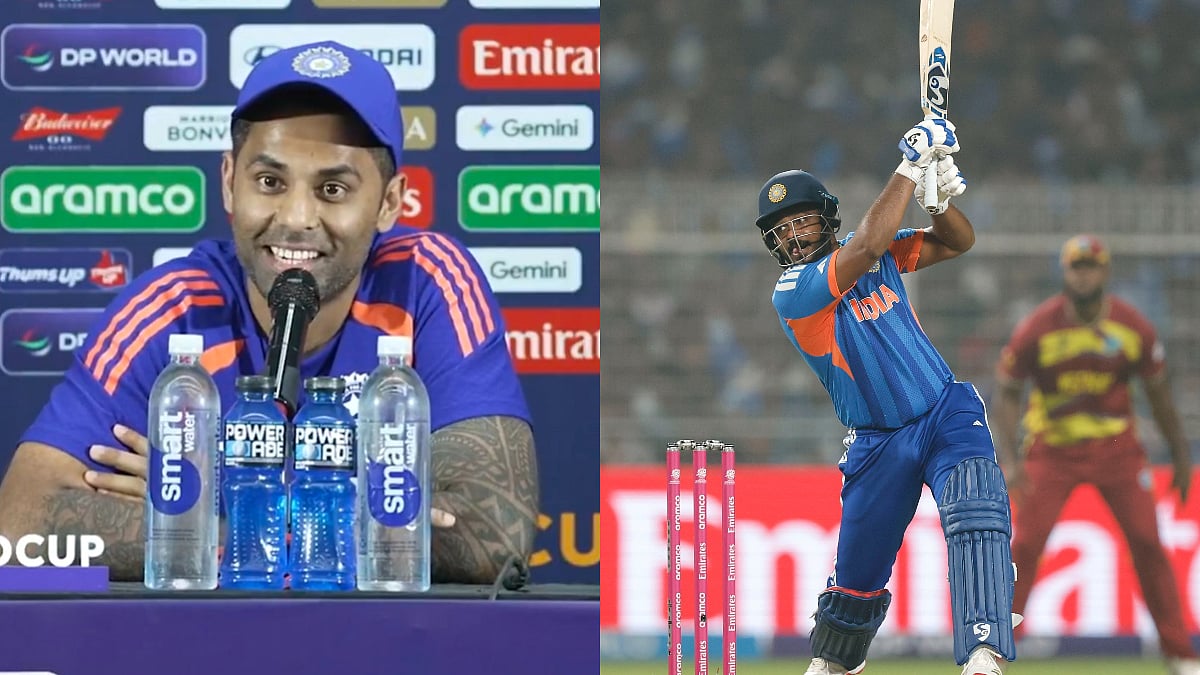When fugitive tycoon Vijay Mallya resurfaced in a dramatic four-hour sit-down with YouTuber Raj Shamani on June 5, the episode quickly went viral—amassing over 20 million views on YouTube within four days. As we write, the numbers have crossed 26 million. In Mallya’s words, he was “humbled and overwhelmed” that “my true factual story is being heard”. But this was more than another media moment—it was emblematic of a shift in how news is disseminated.
Unlike traditional news segments where anchors often set the agenda, this podcast gave Mallya unconstrained time—an uninterrupted platform to construct his narrative. A PR strategist in Mumbai says that individuals can present their narrative with greater nuance, time, tone, and trust. "Unlike traditional media interviews, there's no restriction of time, no fear of being misquoted. It's advantageous if you have a host who is also popular so sincere trust can be established," says Tanushree Singh, senior PR consultant in Mumbai. Without typical editorial gatekeeping, viewers perceive podcast content as intimate and honest — a brand advantage that's seldom achievable on primetime television.
No boundaries
In the last five years, podcasts have emerged as key platforms for narrative control, especially when high-stakes personalities want to regain their reputation. For listeners, it means unprecedented access to stories—but also a greater onus to question authenticity. Many journalists and communication professionals observe it as the 'new go-to for image rehab'.
For high-profile figures, podcasts are PR-driven platforms that traditional media can’t match. One senior strategist put it succinctly. “Podcasts offer what today’s reputation strategy critically requires: time, tone, and trust”. Yet, critics argue this can slide into narrative whitewash.
Soon after the podcast, social media went into fury with a host of comments and opinions. One user on X (formerly Twitter) wrote, "Podcasts have become a new tool to make any criminal a saint. It's cheap and people trust it more than traditional media.” Others added, "Tbh, Raj Shamani giving Vijay Mallya a podcast platform feels less like content and more like image laundering. Soft PR honestly.”
This is polarisation which makes podcasts a new power in shaping public perception without the usual rebuttals or fact-checking from conventional outlets. However, the agenda is different – discrediting the media and beating the messenger. It benefits both sides. The guest gets sympathy by playing victim, and the host is seen as a "disruptor" or the leader of a new tribe. These chocolate-boy influencers may be charming and camera-friendly, but they’re not journalists. They don’t push back. They don’t probe. They don’t investigate. So, traditional media and journalism aren't dying. It's just being interrupted by the content or least "entertainment".
Rise of podcasters
The documentary broadcast was also a spotlight for Raj Shamani, whose subscriber count on YouTube surpasses 11 million, and whose entrepreneurial podcast network is worth an estimated ₹91 crore. Reports state that Shamani has “cemented…his place among the country’s most visible online personalities” Meanwhile, India’s broader podcast ecosystem is booming. For instance, Spotify has released over 30 original Indian podcasts in 2021 alone. Content on JioSaavn rose 200× in 2020 compared with 2019. Some of the key genres that garner attention are knowledge, personal finance, motivation, and even devotional themes like the Bhagavad Gita.
As Dhruvank Vaidya, head of podcasts at Spotify once said, “One of the biggest spaces that is growing is knowledge and learning…followed by personal finance and investing.”
Why the podcast boom?
Several drivers are fuelling this surge including unlimited runtime, intimacy and trust, cross-platform growth by leveraging YouTube shorts, social clips, reels and blogs to break stories, diverse audience including Gen-Z to spiritual seekers, and versatile monetisation opportunities through ads, sponsorships, branded content, and direct subscriptions.
However, podcasts are a double-edged sword – space for nuanced perspectives and long-form storytelling, but they also risk becoming echo chambers if the host and guests are unchallenged. For instance, in Mallya's episode, the priority was profit over accountability. There was enough stage for a fugitive to put his narrative across with limited fact-checking by the podcaster.
On the other hand, traditional newsrooms deploy a full toolkit – anchors, reporters, and panels – to challenge claims, cross-examine sources, and push back. "Podcasts are a new mode of PR. It's not journalism. It's about becoming famous and clearing your image in the case of Lalit Modi and Vijay Mallya. There's no balance in viewpoints," says senior journalist Ramesh Vasani.
Double-edged sword
Additionally, podcasts also offer an opportunity to bypass media gatekeepers, which leads to apprehensions about fairness, journey, or redemption. Whether podcasts mark the end of traditional journalism or simply complement it, depends on how listeners, hosts, and editors adapt it.
"What podcasts offer is unscripted time, context, and emotional nuance, but that freedom demands editorial responsibility," says an investigative journalist from a leading daily on the request to withhold the name. The power of podcasts lies in long-form storytelling, engaged niche audiences, and multimedia reach. But this influence should be wielded with caution. The conversation of truth may depend on how responsible creators and listeners choose to be.






